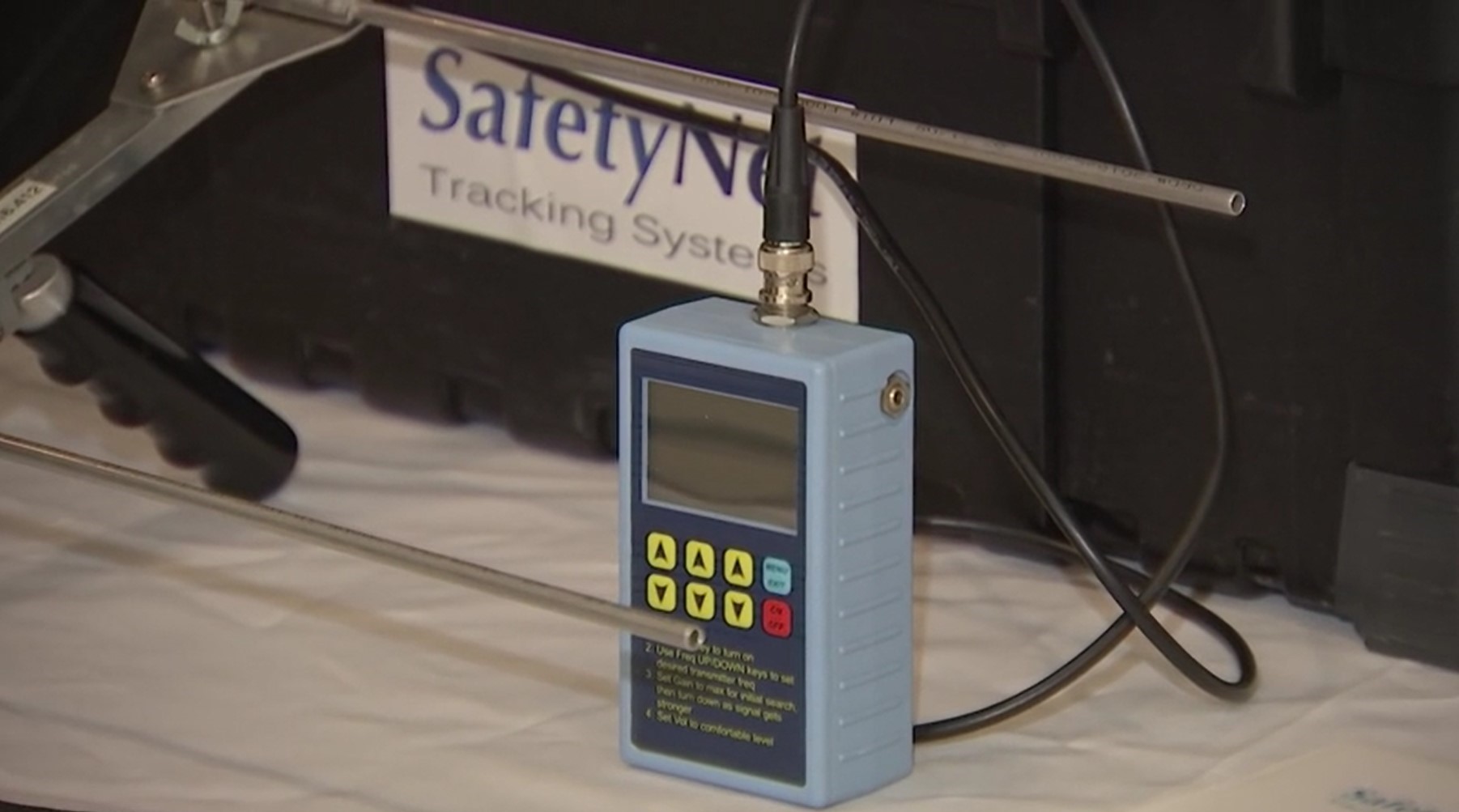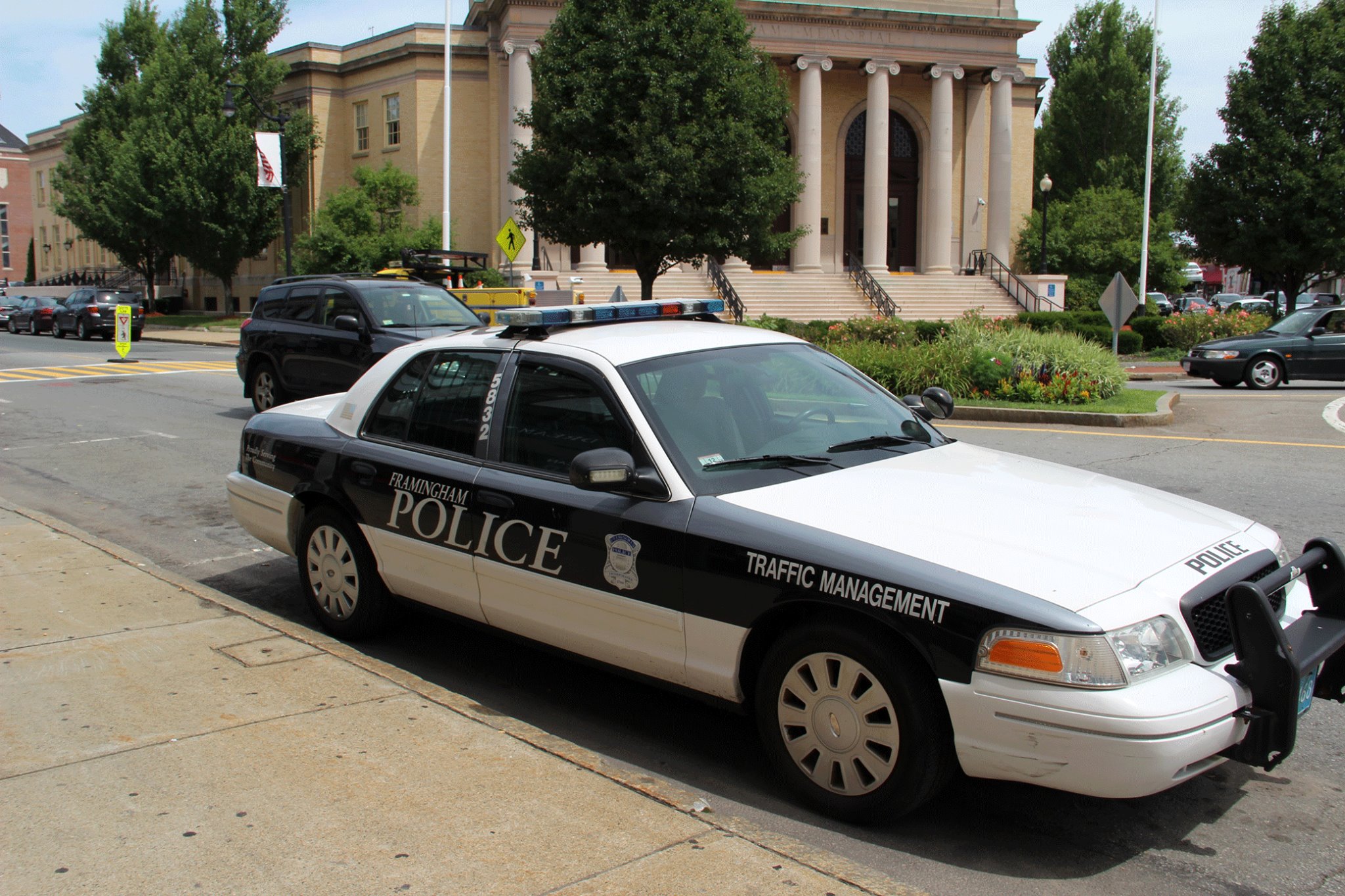When Framingham Police Officer Julie Volk goes out on a call, she’s not alone.
“I am a resource for anything that anyone needs,” said Cassie McGrath, a co-response clinician with the Framingham, Massachusetts, Police Department.
McGrath is not a police officer, but she’s on the road with one every day.
Asked if people are surprised to see her at a scene, she responded, “I think sometimes. I think you, it’s who is this person getting out of the passenger seat of a cruiser not in uniform?”
McGrath is part of the department’s co-response program. It’s a program that pairs officers with mental health professionals.
“It’s critical,” said Officer Volk. “It’s a huge resource that we as officers now have. Sometimes, especially when people are in a mental health crisis sometimes even the simple fact that I’m in uniform and she’s not, can be a big factor.”
The program has been in place in Framingham for 20 years and the department says it’s working.
Last year, 488 people were referred to the co-response program and in situations where an arrest could be made, 94 percent were not placed in custody, according to the department.
In addition, Framingham police said 121 people avoided unnecessary hospitalization by co-response clinicians who offered alternative support on the scene.
“I think it’s a necessary component to policing,” said Dep. Chief Sean Riley.
In fact Dep. Chief Riley said in his thirty years in law enforcement, he couldn’t imagine not having a co-response program.
“Why not have a clinician that may be able to de-escalate a situation , save a life, not only the person’s life but maybe save an officer’s life,” said Dep. Chief Riley.
‘The Framingham Model’ has gained international attention as well. Framingham officers traveled to Ireland last year to teach them about the program. Irish police will be coming here in the spring.
“I will go to any department, I will sell this,” said Sgt. Jay Ball. “It is such an asset for police departments.”
Sgt. Ball teaches classes on co-response at William James College in Newton.
“So it’s teaching how we do things in Framingham, how it’s successful,” said Sgt. Ball. “Having a clinician in the car.. the trust between the clinician and the officer.”
He said implementing this type of program is not always easy as it often involves charging the culture of a department. These Framingham officers believe it could help change how policing is done all across the country.
“It’s such a resource, it’s such an addition to the department that I don’t think I’d want to work a shift where we don’t have a clinician available to us,” said Officer Volk.
“I think every single day, if I can leave at the end of the day and I feel like I’ve supported someone in some way, it’s a good day,” said McGrath.



